Immediate access to proven PHP expertise without lengthy recruitment cycles
Flexible scaling of development capacity up or down as project needs change
Reduced overhead costs such as benefits, office space, and long-term payroll
Faster time-to-market by integrating an already experienced PHP specialist
Knowledge transfer to internal team through close collaboration
Lower risk compared with full-time hiring and traditional outsourcing models
Ability to focus core staff on strategic tasks while augmented developer handles execution
Easier compliance with short-term or project-based budget constraints
Access to wider talent pool beyond local hiring limitations
Streamlined replacement or addition of skills if project requirements evolve
PhpStorm
Feature-rich IDE tailored for PHP developers
Composer
Simplifies dependency management for PHP projects
Xdebug
Advanced debugging toolkit for PHP developers
PHPUnit
Automated testing framework for PHP applications
Portfolios
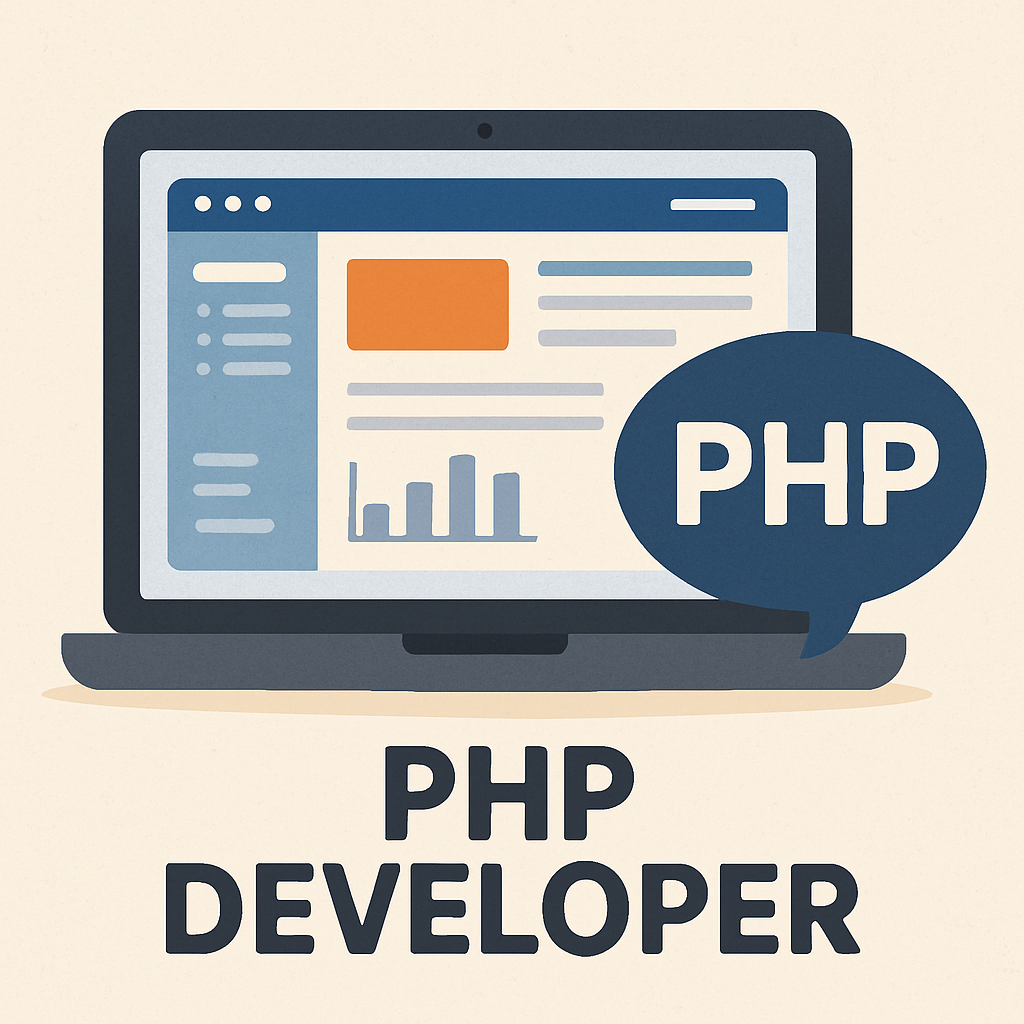
Custom CMS Framework
Our bespoke Content Management Framework delivers the flexibility of a headless CMS with the performance profile seasoned engineers expect from modern PHP. Built on PHP 8, the system leverages Symfony components, Doctrine ORM, and a caching layer powered by Redis to guarantee single-millisecond page rendering under production loads. A granular role-based permission model, JSON:API output, and multilingual tooling shorten integration time for frontend and mobile teams while preserving security posture. Administrators configure workflows, content types, and approval gates through an intuitive schema designer, eliminating hard-coded migrations and reducing maintenance overhead across distributed micro-site deployments without sacrificing stability or future upgradeability.
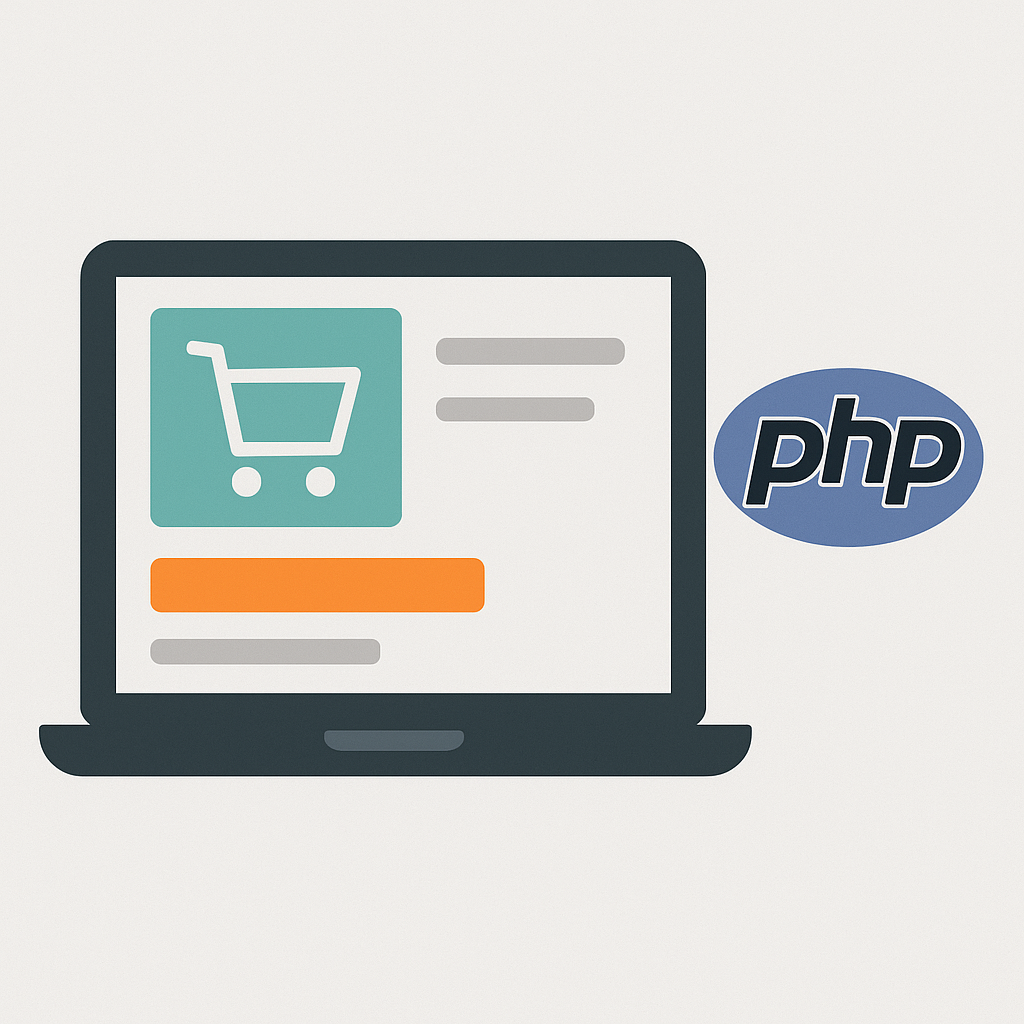
Enterprise eCommerce Platform
The Enterprise eCommerce Platform harnesses PHP 8, ElasticSearch, and asynchronous queues to deliver sub-second catalog browsing for assortments exceeding one million SKUs. Modular architecture separates storefront, checkout, and OMS services, enabling horizontal scaling while preserving cohesive domain logic. Advanced promotion engine, rule-based pricing, and PCI-compliant tokenized payments support complex B2B and B2C scenarios simultaneously. The platform’s REST and GraphQL endpoints allow seamless syndication to marketplaces, headless frontends, and native apps. Built-in A/B testing hooks, web-vitals telemetry, and automated deployment pipelines let engineering teams iterate quickly, boost conversion, and maintain rigorous SLA targets without compromising governance or observability at scale globally.
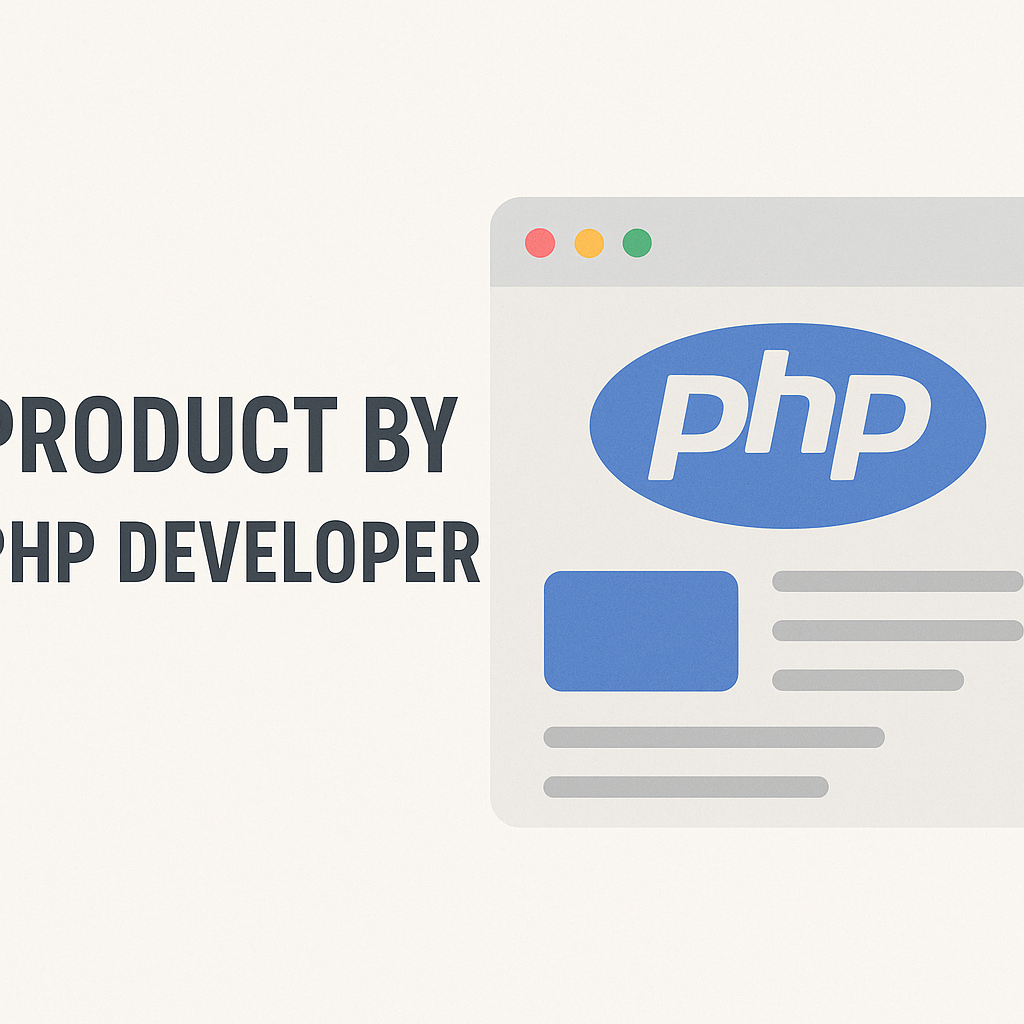
Unified API Gateway
The Unified API Gateway consolidates disparate legacy and third-party services behind a single OAuth2-secured endpoint, dramatically simplifying client code and reducing brittle dependency chains. Built with high-performance PHP-FPM, Swoole, and OpenAPI-driven contract tests, the gateway consistently processes over 5,000 requests per second with sub-30 ms latency. Circuit breakers, rate limiting, and JSON schema validation are enforced centrally, guaranteeing SLA compliance across internal teams and external partners. A real-time metrics dashboard exports Prometheus data for Grafana visualization, while Canary and Blue-Green deployment strategies minimize downtime. Versioning, deprecation notices, and automated SDK generation further accelerate product delivery across web, mobile, and IoT surfaces.
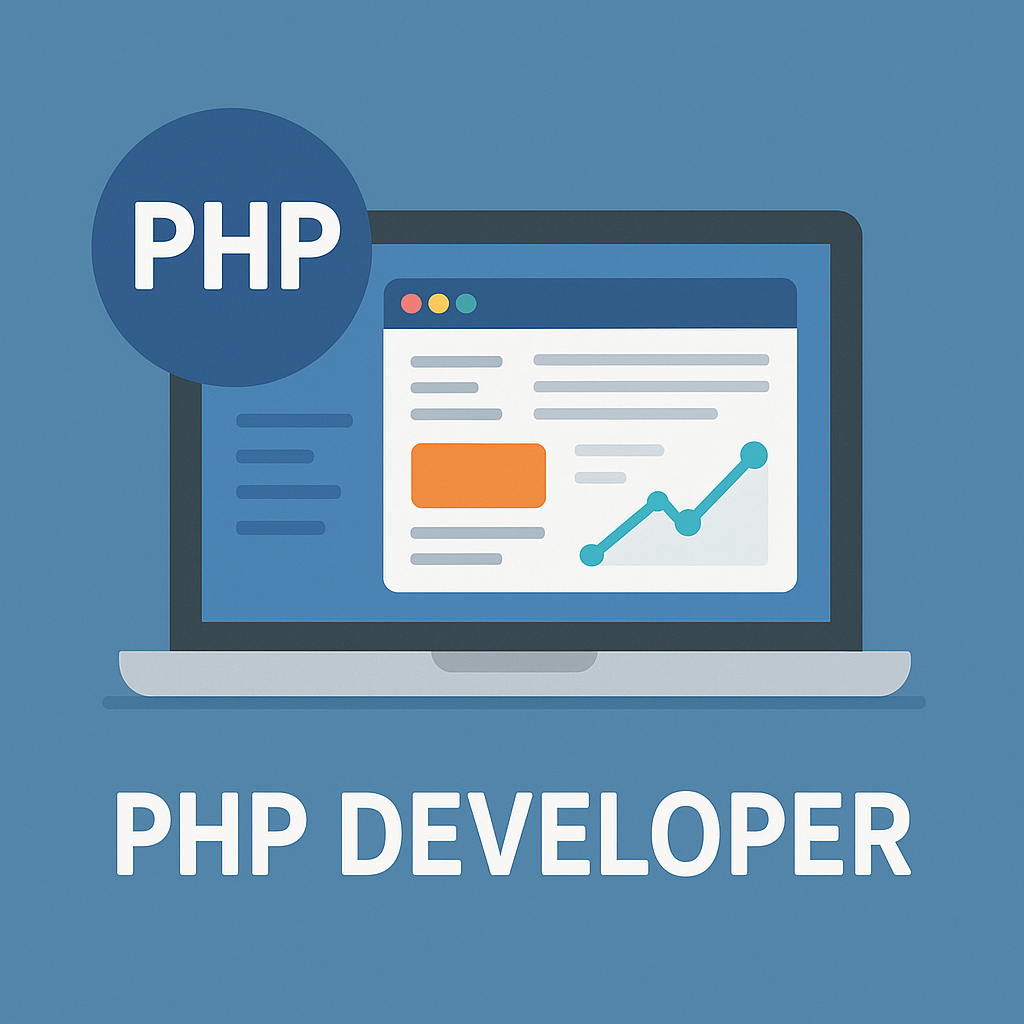
SaaS CRM Suite
The SaaS CRM Suite equips sales and support organizations with a unified 360-degree customer view powered entirely by robust PHP micro-services. Built atop Laravel, CQRS, and event sourcing, every interaction—from lead creation to post-sale ticket—streams into a Kafka bus, ensuring immutable audit trails and near real-time analytics. Dynamic pipeline stages, custom fields, and pluggable governance rules let enterprise teams mould processes without code forks. A multi-tenant architecture isolates data per organisation while shared resource pools optimise infrastructure spend. Native integrations with Exchange, Slack, and VOIP systems accelerate adoption, whereas comprehensive REST and WebSocket APIs empower bespoke extensions and smart automation.
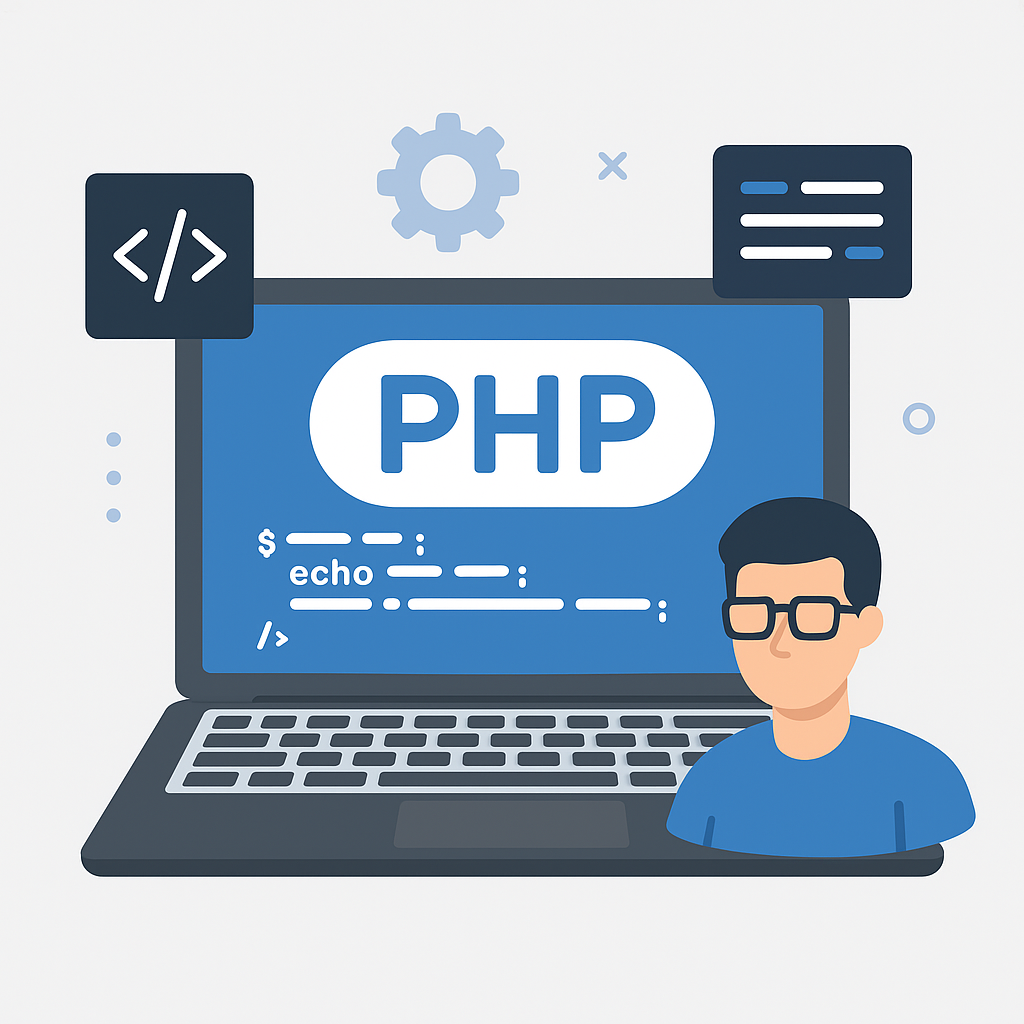
Real-Time Analytics Dashboard
The Real-Time Analytics Dashboard translates raw event streams into actionable insights within seconds, giving product owners and operations staff unprecedented visibility. PHP-powered workers ingest data via Apache Kafka, normalize payloads with Symfony Serializer, and write aggregates to ClickHouse for sub-second query performance. Interactive dashboards built with Vue.js consume a JSON API, enabling drill-down views across cohorts, funnels, and custom KPIs. A configurable alerting engine pushes thresholds to PagerDuty, Slack, or email, ensuring critical anomalies never go unnoticed. Role-based access, SAML single sign-on, and audit logging satisfy stringent compliance mandates while edge caching through Varnish keeps global response times consistently low.
Reviews
Smartbrain filled our urgent PHP 8 / Laravel vacancy in just six days, slicing a month off our usual recruiting cycle. The pre-vetted dev synced with our GitHub workflow day one, refactored legacy MySQL queries, and sprint velocity jumped 22%. HR paperwork hours dropped by 40%.
Lindsey Carter
HR Professional
BrightWave Analytics
Hiring normally takes us 45 days; Smartbrain delivered a senior Symfony engineer in five. After one onboarding call he plugged into our Jenkins CI/CD, crushed the stalled API-caching ticket, and optimized server-side scripting. Output up 30%, my team finally breathes.
Marcus Hall
Dev Team Lead
RedRiver Logistics Tech
Fintech demands spotless code and PCI compliance. Smartbrain sourced a full-stack PHP developer with Stripe and Laravel Vapor chops inside a week. She rebuilt our payment microservice, cut response time 35%, and saved me from weeks of résumé screening.
Vanessa Price
CEO
OrbitPay Solutions
Our plant dashboard ran on a creaky LAMP stack. Smartbrain’s contract PHP guru onboarded overnight, built a REST endpoint for IoT sensors, and added PHPUnit coverage we’d postponed. Production downtime fell and my in-house devs finally cleared the feature backlog.
Ethan Brooks
Owner
BlueHorizon Manufacturing Systems
Campus recruiting couldn’t keep pace with our WordPress SaaS growth. Smartbrain delivered two PHP 8 pros versed in WooCommerce and Gutenberg within seven days. They fit right into our Slack/Agile rituals, shipped fixes instantly, and cut client tickets by 28%.
Gabriella Ruiz
HR Professional
Canyon Creek Media
Tech Stacks
LAMP Stack
LAMP remains the archetypal PHP hosting environment. Linux provides a stable operating system foundation, Apache supplies the battle-tested HTTP server, MySQL handles relational data storage, and PHP executes server-side application logic. The stack’s components are entirely open source, extremely well documented, and available on virtually every shared hosting provider, making onboarding painless for junior programmers. Mature tooling like cPanel, phpMyAdmin, and mod_php simplify deployment and maintenance. Because thousands of guides, tutorials, and example projects reference LAMP conventions, troubleshooting rarely requires proprietary support. While containerization is gaining ground, classic LAMP still powers countless corporate intranets, blogs, and small e-commerce storefronts today.
LEMP Stack
LAMP’s leaner cousin, the LEMP stack swaps Apache for the high-performance Nginx web server and often uses PHP-FPM to run scripts efficiently. Linux continues as the operating system layer, while MySQL or MariaDB remain the popular relational engines. Because Nginx excels at handling concurrent connections with minimal memory overhead, LEMP frequently underpins traffic-intensive SaaS platforms and APIs written in modern PHP frameworks. Configuration is generally managed through concise virtual host files and systemd service units, making automated provisioning with Ansible or Terraform straightforward. Coupled with Let’s Encrypt integration, developers can offer HTTPS by default without extra licensing costs or complexity.
Laravel + Vue + MySQL Stack
Combining Laravel for back-end elegance, Vue.js for reactive front-end interfaces, and MySQL for structured data, this full-stack trio is a favorite among modern PHP practitioners. Laravel’s expressive syntax, Eloquent ORM, and artisan tooling accelerate domain modeling and scaffolding, while Vue.js components sit comfortably within Blade templates or act as standalone single-page applications through Inertia or Vite. Developers enjoy cohesive JavaScript-PHP workflows, automatic TypeScript support, and unified testing with Pest or PHPUnit. Forge, Vapor, and Envoyer streamline deployment to virtual machines, containers, or serverless infrastructures. With thousands of community packages, the ecosystem covers authentication, payments, queues, and real-time broadcasting effortlessly today.
Symfony + API Platform + React Stack
Developers seeking robust, enterprise-grade architecture often choose the Symfony, API Platform, and React combination. Symfony furnishes a decoupled, reusable component library and full-featured framework favoring explicit configuration and long-term stability. API Platform layers atop it to autogenerate OpenAPI documentation, GraphQL endpoints, and HAL or JSON-LD payloads, drastically reducing boilerplate when exposing RESTful services. A separate React front-end consumes these hypermedia APIs, enabling rich, progressive web experiences with Redux, Next.js, or Vite tooling. The separation enforces clean domain boundaries, promotes horizontal scaling, and welcomes mobile clients effortlessly. Docker, Kubernetes, and CI pipelines integrate seamlessly due to Symfony’s environment-variable convention by default.
WordPress Content Stack
WordPress, paired with a curated plugin suite and the Gutenberg block editor, forms a ubiquitous PHP content stack powering blogs, marketing sites, and lightweight e-commerce shops. Its theming hierarchy, REST API, and multisite capabilities allow developers to craft custom experiences without abandoning core update paths. WooCommerce extends functionality into full product catalogs, while Advanced Custom Fields and Custom Post Types UI enable flexible data modeling. Deployment can be as simple as copying files to shared hosting or as sophisticated as running Bedrock and Trellis for dependency isolation and automated provisioning. Vast community support accelerates problem solving and experimentation for all.
Headless Drupal Stack
Drupal’s API-first initiative has transformed the venerable CMS into a powerful headless platform used by PHP developers who need configurable content modeling, multilingual support, and stringent access control. Core JSON:API and GraphQL modules expose structured entities securely, while the Paragraphs and Layout Builder modules empower editors visually. Front-end teams often consume these endpoints using Gatsby, Nuxt, or Next.js, delivering static or dynamic experiences with lightning performance. Composer-based workflows, configuration management, and Drush commands foster reliable deployments across multiple environments. Paired with Redis, Varnish, or CDN layers, headless Drupal scales gracefully under newsroom or governmental traffic spikes worldwide at any time.
Shortlist

John Carter
Senior PHP Developer

Marco Silva
Lead PHP / DevOps Engineer

Artem Volkov
PHP Solution Architect

Daniel Ortiz
Senior Laravel Engineer / Tech Lead

Luca Bernardi
Backend Lead / Principal PHP Engineer

Alexei Petrov
Real-Time PHP Performance Expert
Dev augmentation service
Rapid Team Scaling
Developer augmentation lets you add experienced PHP professionals to your team almost instantly, eliminating lengthy recruitment cycles and enabling you to scale resources up or down as project demands change.
Cost Efficiency
Augmenting with external PHP talent avoids the long-term costs of full-time hires—such as benefits, onboarding, and infrastructure—while giving you predictable, project-based budgeting.
Access to Diverse Skill Sets
Augmentation partners maintain pools of PHP developers skilled in frameworks like Laravel, Symfony, and WordPress, giving you easy access to niche expertise that may be scarce in-house.
Faster Time-to-Market
With seasoned PHP developers joining immediately, you reduce development backlogs and accelerate product releases, helping you seize market opportunities ahead of competitors.
Reduced Hiring Overhead
Outsourcing screening, interviewing, and administrative tasks to an augmentation provider frees your HR and management teams to focus on core business priorities.
Flexible Engagement Models
Whether you need short-term sprint support or long-term collaboration, augmentation services offer adaptable contracts that align with agile or waterfall workflows without locking you into rigid commitments.
Domain expertise
E-commerce & Online Retail
Companies that sell products or services online rely heavily on PHP-based platforms such as Magento, WooCommerce and PrestaShop. PHP developers are needed to build custom storefronts, integrate payment gateways, optimize performance and keep transaction flows secure.
Autogenerated section: This text was created programmatically.
Digital Publishing & Content Management
News outlets, blogs, and corporate websites often run on CMSs like WordPress, Drupal or Joomla—all written in PHP. Publishers hire PHP developers to customize themes, extend functionality and ensure sites scale with traffic spikes.
Autogenerated section: This text was created programmatically.
Fintech & Online Payment Services
Payment processors, digital wallets and lending startups use PHP to build APIs, dashboards and customer portals thanks to its rich ecosystem and rapid development cycle. PHP developers help integrate banking networks, implement security layers and comply with financial regulations.
Autogenerated section: This text was created programmatically.
Software-as-a-Service (SaaS) & Business Web Apps
From CRM and ERP systems to project-management and marketing automation tools, many SaaS offerings leverage PHP frameworks like Laravel and Symfony. Businesses need PHP developers to create new features, maintain microservices and ensure multi-tenant scalability.
Autogenerated section: This text was created programmatically.
Why hire with us
Immediate access to vetted, senior-level PHP expertise
Rapid team scaling without long-term hiring commitments
Lower total cost of ownership compared with full-time hires
Seamless integration with your existing development workflow
24/7 development cycles through distributed, time-zone-aligned talent
Reduced HR, payroll, and benefits administration overhead
Faster project delivery thanks to mature Agile and CI/CD practices
On-demand knowledge of the latest PHP frameworks and tools
Built-in risk mitigation via service-level agreements and backups
Freedom to reallocate internal staff to core business priorities
